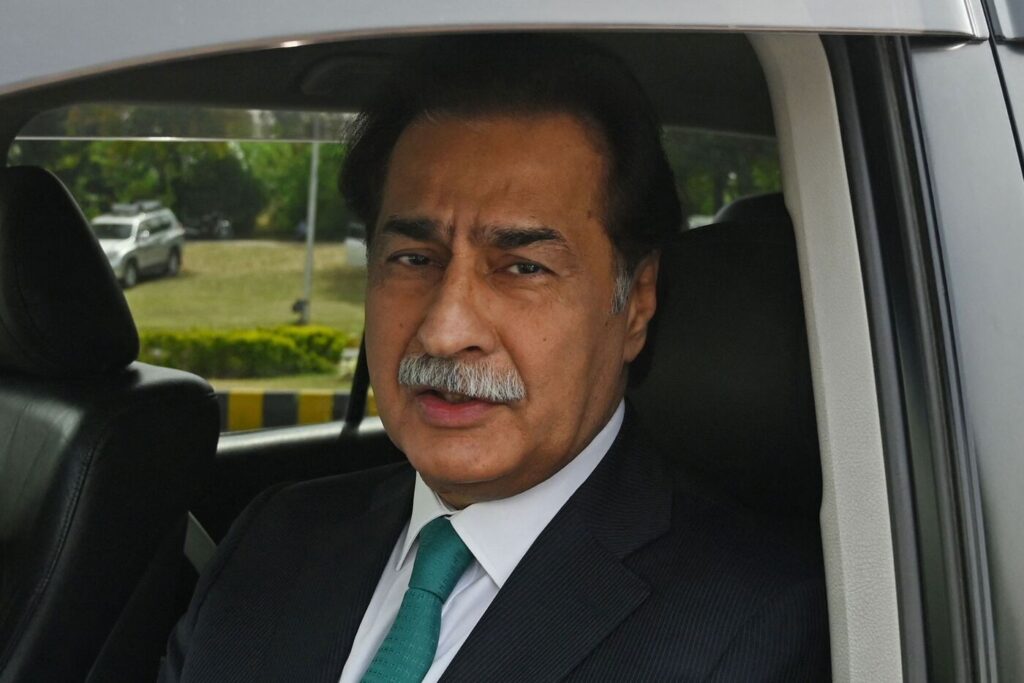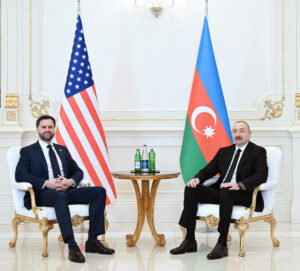Sardar Ayaz Sadiq: Loyalty, Service, and the Art of Parliamentary Leadership

Sardar Ayaz Sadiq stands among those rare Speakers of the National Assembly who, during their tenure, established traditions that were previously uncommon in Pakistan’s parliamentary history. Among his notable initiatives was the unprecedented step of opening the doors of Parliament to ordinary citizens, particularly students, allowing them to witness firsthand the legislative process and the manner in which the people’s representatives conduct the affairs of the House. This was not a mere ceremonial gesture but a deliberate effort to bridge the gap between the people and their Parliament. Under his leadership, internship programs were launched for students, providing them with practical exposure to parliamentary workings. This initiative has now evolved into a well-structured tradition, successfully conducted since last term of Sardar Ayaz Sadiq as Speaker, creating a pipeline of youth well-versed in democratic processes.
At the commencement of the assembly session last Thursday, Speaker Sardar Ayaz Sadiq warmly welcomed the students from Jamia Naeemiya, Garhi Shahu, Lahore, seated in the visitors’ gallery. Reflecting on his memories, he shared, “This Jamia used to be part of my constituency. Although it no longer is, it remains close to my heart.”
These words took me back to my past. As someone from Lahore and a former resident of the Speaker’s constituency, I remembered my journalism days when I often visited Jamia Naeemiya as a beat reporter covering religious affairs. For over a decade, I interacted with its scholars and leaders. While I frequently sought guidance on Sharia and Islamic jurisprudence from Mufti Muhammad Hussain Naeemi, my connection with his son, Dr. Muhammad Sarfraz Naeemi, was particularly strong and heartfelt.
Dr. Sarfaraz Naeemi was a man of resolute character — uncompromising in matters of faith, unyielding in principle, and forthright in his expression. His personality combined scholarship with courage. I vividly remember when he took the bold step of introducing computer classes and modern sciences at the Jamia, a decision viewed as unconventional by some in traditional circles. He personally invited me to witness the program and later hosted me for lunch at his residence, where his son, Raghib Naeemi, then a teenaged boy, joined us. Inspired by his forward-thinking vision, I penned a report that was published in Daily Pakistan under the editorship of Mr. Mujeeb-ur-Rehman Shami.
Those were turbulent times for Pakistan, with suicide attacks shaking the nation’s peace. In those circumstances, Dr. Sarfaraz Naeemi issued a fatwa declaring suicide attacks to be alien to Islamic teachings and branding them as terrorism. His bold stance cost him his life — he was martyred in his Jamia office in June 12, 2009. May Allah grant him the highest place in Jannah. Today, his son, Raghib Naeemi, carries forward this legacy as Chairman of the Council of Islamic Ideology, continuing the mission of harmonizing faith with contemporary needs.
The Speaker’s reference to his changed constituency speaks volumes about his political discipline and loyalty to party decisions. Despite winning multiple elections from his old constituency and undertaking significant development projects there — including road infrastructure, educational institutions, installation of Sui Gas and clean water schemes — he embraced the challenge of contesting from a completely new constituency without grievance.
In Pakistan’s electoral politics, while the party platform is undeniably important, individual reputation plays a decisive role. According to different credible surveys conducted in Pakistan, , over 30% of voters in urban constituencies usually cast their vote based on the candidate’s personal track record rather than his political party affiliations. A political figure’s service record, accessibility to constituents, and integrity remain decisive factors in securing public trust.
Sardar Ayaz Sadiq’s political journey illustrates the necessities of success in politics; loyalty to one’s party, personal credibility, a visible record of service, and the ability to adapt to changing political landscapes. His repeated electoral victories — even after facing delimitation challenges — underscore the importance of connecting with people at the grassroots level. The art of politics, especially in a vibrant yet complex democracy like Pakistan’s, is not merely about speeches in Parliament; it is about presence in the streets, responsiveness in times of crisis, and sincerity in fulfilling promises.
Moreover, successful politicians understand the value of consistency. They avoid opportunistic party-switching for short-term gain, a tendency that has often eroded public confidence in others. They recognize that in the long run, it is not political theatrics but tangible outcomes that cement a leader’s place in the public’s heart. The late Abdul Sattar Edhi, though not a politician, demonstrated that service to humanity creates an enduring legacy — a principle that applies equally to political life.
It is also vital to acknowledge that political survival in Pakistan demands strategic patience. Electoral upsets, constituency changes, and shifting party dynamics are inevitable. Those who navigate these challenges with grace and steadfastness are the ones who endure. Sardar Ayaz Sadiq’s acceptance of a new constituency, without objection, reflects such maturity. His ability to win over a fresh electorate through a combination of personal engagement, developmental initiatives, and an unblemished public image demonstrates that trust, once earned, can transcend boundaries.
There is no doubt that politics is a test of character as much as it is a contest for power. The truest measure of success lies not merely in winning elections but in retaining the respect of both allies and adversaries. Sardar Ayaz Sadiq’s political career offers a valuable lesson; in the corridors of democracy, loyalty, sincerity, and the spirit of service are the cornerstones upon which enduring political legacies are built.


